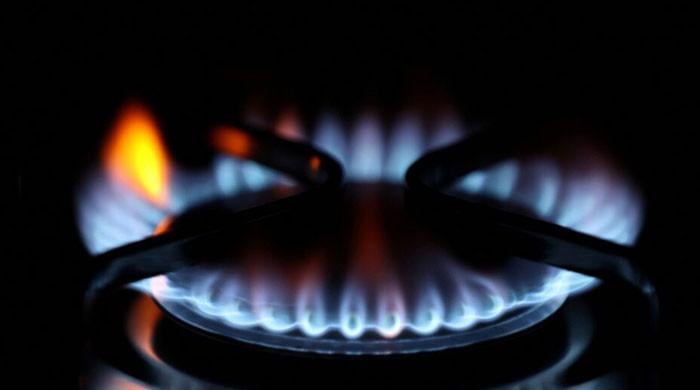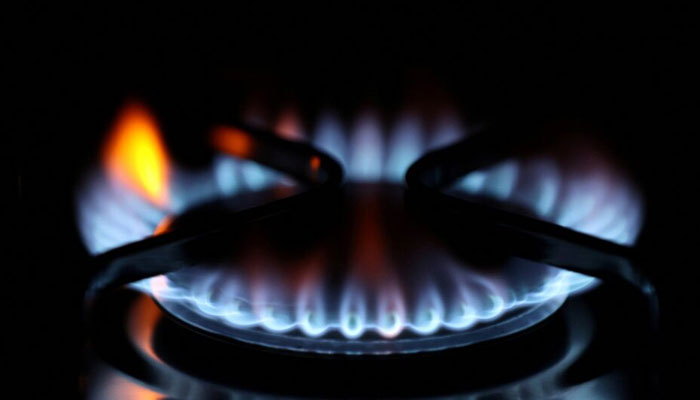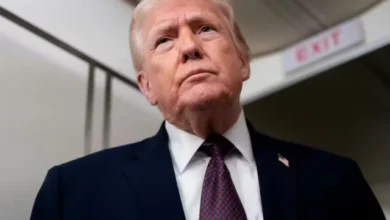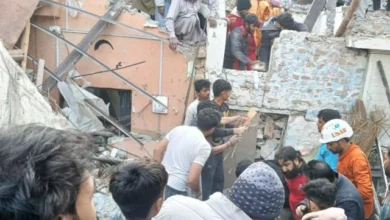Govt decides against reducing gas tariff from July 1


- Govt hikes gas prices for CPPs in line with IMF’s diktat.
- Move aimed at securing Rs100-115bn surplus revenue.
- IMF also wants govt to connect CPPs with national electricity grid.
ISLAMABAD: The federal government has decided against reducing the gas tariff from July 1 in the wake of the Oil and Gas Regulatory Authority’s (Ogra) decision to slash gas prices by 10% for the next fiscal year, The News reported on Tuesday.
The Centre, in fact, owing to the International Monetary Fund’s (IMF) guidelines, has decided to hike gas prices for captive power plants (CPPs) by Rs250 per mmBtu to Rs3,000 per mmBtu from the existing price of Rs2,750 per mmBtu.
Senior officials of the energy ministry have told the publication that the government, with the exception of CPPs, has decided to maintain the existing gas prices as it aims for Rs100-115 billion surplus revenue after meeting the required revenue requirements for the next financial year.
“The surplus revenue will be utilised to offload the existing circular debt in a staggered manner that has increased to a whopping Rs2900 billion. The prior years’ losses have swelled to Rs1500 billion,” the officials said.
Meanwhile, the Petroleum Division has informed Ogra to ensure that Sui gas companies reduce the circular debt with the help of the surplus revenue.
The move comes as the IMF has contended that CPPs, most of them installed in the Sui Southern network, waste a huge quantum of natural gas as they have 30-35%.
Therefore, the lender wants the government to connect all the CPPs with the national electricity grid.
“The said plants, by using natural gas as input fuel, not only generate electricity for their industrial consumption but some of them also sell the power generated by natural gas to electric power distribution companies (Discos),” the energy ministry officials maintained.
Furthermore, the Fund has demanded an increase in gas prices for CPPs which are at par with the RLNG prices and the government would have to implement it from January 1, 2025, the last deadline for increasing the tariff of captive power plants to the level of the RLNG price.
“We have decided to increase from July 1, 2024 the gas prices of captive power plants by Rs250 per mmBtu and the remaining hike of Rs700 per mmBtu will become effective from January 1, 2025, and this is how the government would meet the deadline of the IMF,” the officials added.
Previously, the Petroleum Division had called on the Finance Division to allocate funds to offload a portion of the circular debt, that had piled up to Rs260 billion from FY19 to FY23 because of the RLNG diversion cost to the domestic sector.
However, in its recently proposed budget for the fiscal year 2024-25 budget, the finance ministry did not allocate any subsidy to this effect with the understanding that gas prices would not be decreased, as was decided by OGRA, and the surplus, that is to be attained, would be used in decreasing the overall losses in the gas sector.
As of now, the government has not extended the subsidy to any domestic consumer for using natural gas as it is the industrial consumers or high-end domestic consumers, who are giving the net cross-subsidy of Rs110 billion per annum to the protected and some non-protected consumers.
The IMF also asked the government functionaries to ensure gas tariff adjustments twice a year, firstly from July 1 and secondly from January 1, so that a new surge in gas circular debt could not emerge.
Source link



